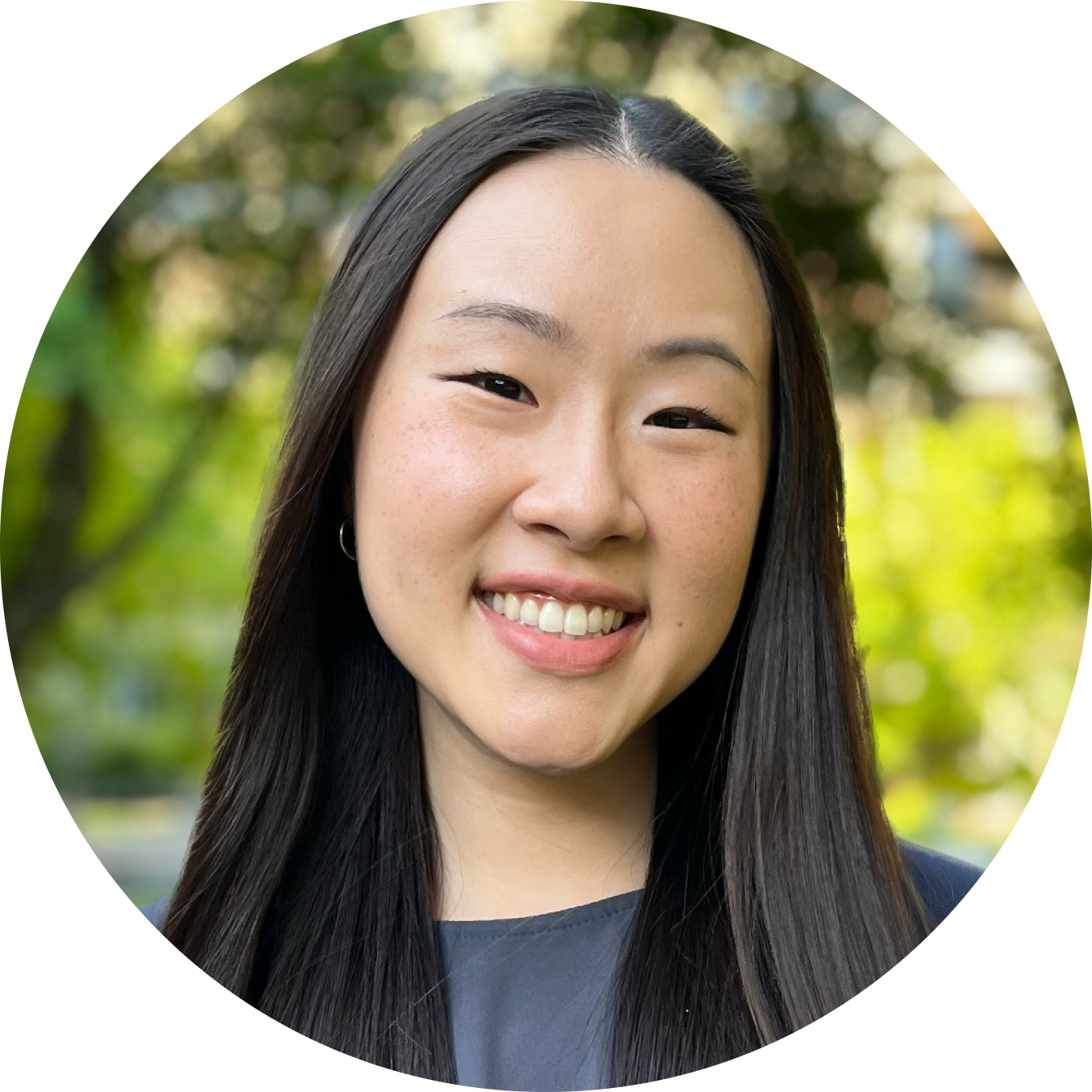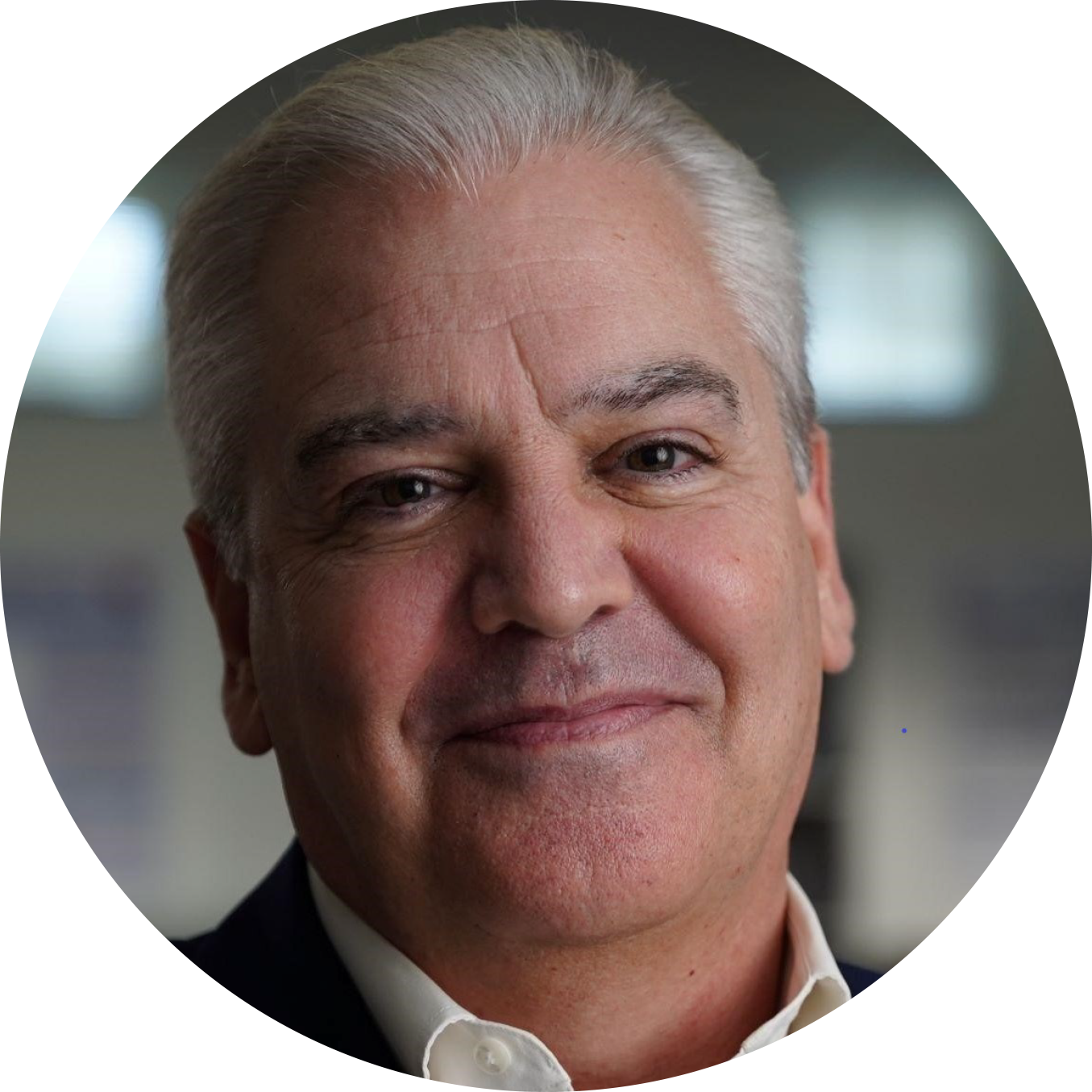Mental disorders are incredibly complex, heterogeneous, and dynamic phenomena. Dr. Wang’s research aims to develop and harness novel methods that can capture and model this complexity, with a focus on suicide and other forms of self-harm. In this talk, Dr. Wang first presents a series of studies investigating why people engage in self-harming behaviors by identifying their reinforcement functions, which has also helped test and revise fundamental assumptions about the nature of these behaviors. Second, Shirley describes her data-driven computational work, which harnesses machine learning and real-time monitoring to predict who is at risk for suicide and self-harm and when risk is highest. Third, she discusses her theory-driven computational work investigating how suicide and self-harm arise by building formal mathematical models of these phenomena as complex dynamical systems. Finally, Dr. Wang outlines future directions for her research, which will continue integrating methods from clinical science, machine learning, and mathematical modeling to advance the understanding, prediction, and prevention of suicide and self-harm.

About Shirley B. Wang, Ph.D.
Shirley B. Wang, Ph.D. is an Assistant Professor in the Department of Psychology at Yale University, where she directs the Computational Clinical Science Lab. She received her BA from The College of New Jersey (2017) and her PhD from Harvard University (2024). Her research aims to develop and harness methods that can capture and model the immense complexity of psychopathology, including mathematical, computational, and intensive longitudinal methods. She is particularly interested in why people engage in self-destructive behaviors, including suicide, nonsuicidal self-injury, and eating disorders. Dr. Wang’s work has been funded by the National Institutes of Health, the National Science Foundation, several private foundations, and published in over 50 scientific papers and book chapters. Her research and mentorship has also been recognized through the receipt of several awards, and she was recently listed as one of Forbes’ 30 Under 30 in Healthcare.

About David A. Jobes Ph.D. ABPP
David Jobes, PhD, ABPP, is the founder of CAMS-care, LLC. He began his career in 1987 in the Counseling Center of the Catholic University of America, where he developed a suicide risk assessment tool for college students that evolved into CAMS. Dr. Jobes is now a Professor of Psychology and Associate Director of Clinical Training at Catholic; he has trained thousands of mental health professionals in the United States and abroad in evidence-based assessment and treatment of suicide risk and the use of CAMS.
Watch the Recorded Webinar On-Demand
Enter your information to gain access.
For more information
Because of our rising suicide rate, the United States Surgeon General, Vivek Murthy, called mental health the “defining health crisis of our time.” Despite many countries having had suicide prevention strategies for decades, we see a general lack of investment with suicide rates increasing in many settings and suicide-related inequities.